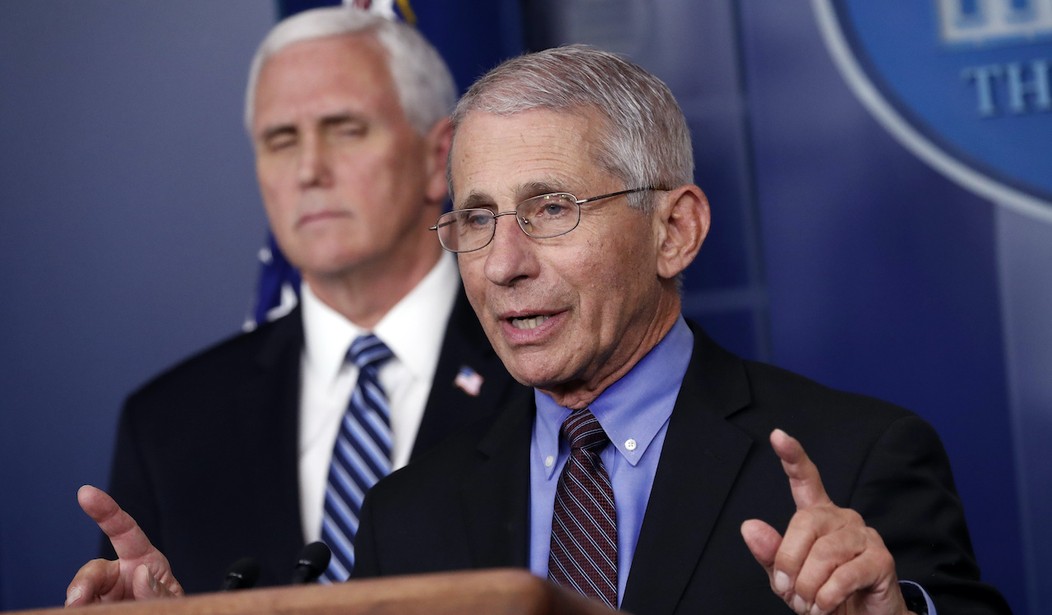Dr. Anthony Fauci is a very skeptical man by nature and is not given to talking in certainties. But the results of a large study of the drug remdesivir has the man almost gushing with enthusiasm.
More than 1000 people around the world took part in the study with half getting remdesivir and the other half a placebo. Dr. Fauci announced some preliminary results at the White House on Wednesday. “The data shows that remdesivir has a clear-cut, significant, positive effect in diminishing the time to recovery.”
Results from clinical trials are typically published in medical journals after review from outside experts. That hasn’t happened yet with this latest study, but Fauci said that the results were so promising, there is “an ethical obligation to immediately let the placebo group know so they can have access” to the drug.
Fauci said the remdesivir study group was able to be discharged from the hospital within 11 days, on average, compared to 15 days in the placebo group.
“What it has proven is that a drug can block this virus,” Fauci said.
Remdesivir works by fooling the coronavirus into using the drug to try and replicate.
Using polymerase enzymes from the coronavirus that causes MERS, scientists in Götte’s lab found that the enzymes can incorporate remdesivir, which resembles an RNA building block, into new RNA strands. Shortly after adding remdesivir, the enzyme stops being able to add more RNA subunits. This halts genome replication.
We don’t know yet whether there is a reduction in the number of deaths from patients who take the drug. That data awaits further study of the test results, but it seems encouraging. If remdesivir can reduce the time a patient spends in the hospital, it probably has an impact on mortality rates.
What about FDA approval?
The study raised questions about whether the Food and Drug Administration would issue emergency use authorization for remdesivir, a move that would expand doctors’ ability to use it.
In a statement to NBC News, an FDA official said, “the agency has been engaged in sustained and ongoing discussions with Gilead Sciences regarding making remdesivir available to patients as quickly as possible, as appropriate.” It was unclear whether the FDA would take immediate action.
If you have a loved one near death, you’re not going to wonder if a potential cure has been approved by the FDA. But despite the crisis, the FDA has the responsibility to protect the public. If they do give approval for doctors to use remdesivir, it will probably be temporary and conditional.
There have been two other studies of remdesivir and its use for treating the coronavirus. One study did not use a control group (placebo group) while the other study by The Lancet was cut short because “the investigators in Wuhan, China, were only able to recruit half of the patients they’d planned to study.”
Usually, there would be several other studies, some to gauge the long-term effects of the use of the drug, others to study side effects, and more studies in the lab and the field.
But we don’t have that kind of time. For good or ill, remdesivir could be approved to treat coronavirus in the next few weeks. Then we’ll see if it’s a miracle drug or bust.
Editor’s Note: Want to support PJ Media so we can keep telling the truth about China and the virus they unleashed on the world? Join PJ Media VIP and use the promo code WUHAN to get 25% off your VIP membership.










Join the conversation as a VIP Member